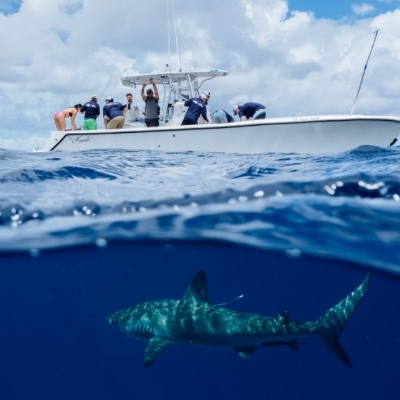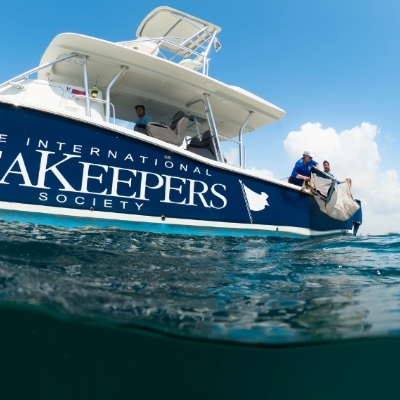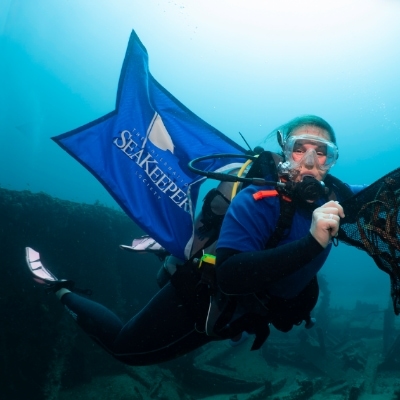Background:
The Great Barrier Reef Marine Park contains 3000 coral reefs that are undergoing frequent and rapid changes. High-quality monitoring data is essential to understand the overall condition of the reef, yet government institutions are only able to regularly survey about 20% of the Marine Park in any given year. Citizen science contributions of monitoring data from reefs outside the major institutional monitoring programs play an important part in enhancing the overall understanding of the Great Barrier Reef and its condition, and modern technologies such as underwater cameras and ReefCloud.Ai allows those citizen science contributions to be more accurate than ever before.
Data Impact:
The goals of this research are to extend the reef monitoring network to reefs outside the current institutional monitoring programs, collect and share data on reef condition, support the development of citizen science reef monitoring protocols that deliver accurate information, and leverage the power of A.I. to significantly speed up the image analysis process to more quickly monitor these crucial yet rapidly deteriorating ecosystems. ReefCloud is a publicly accessible digital online platform that helps scientists and monitoring teams around the world store, analyze and share results from coral reef photo monitoring activities.
Mission:
The goals of this research are to extend the reef monitoring network to reefs outside the current institutional monitoring programs, collect and publicize data on reef condition, and leverage the power of A.I. to significantly speed up the image analysis process to more quickly monitor these crucial yet rapidly deteriorating ecosystems.
How to Participate:
Interested Citizen Scientists traveling through the Great Barrier Reef or Coral Sea should reach out to SeaKeepers' South Pacific Director at [email protected] to receive the ReefCloud.Ai methods guide. This guide details how to collect reef monitoring imagery with underwater cameras to record coral abundance and reef condition. These images will then be submitted to ReefCloud for scientists to process them.
Program Partners:







